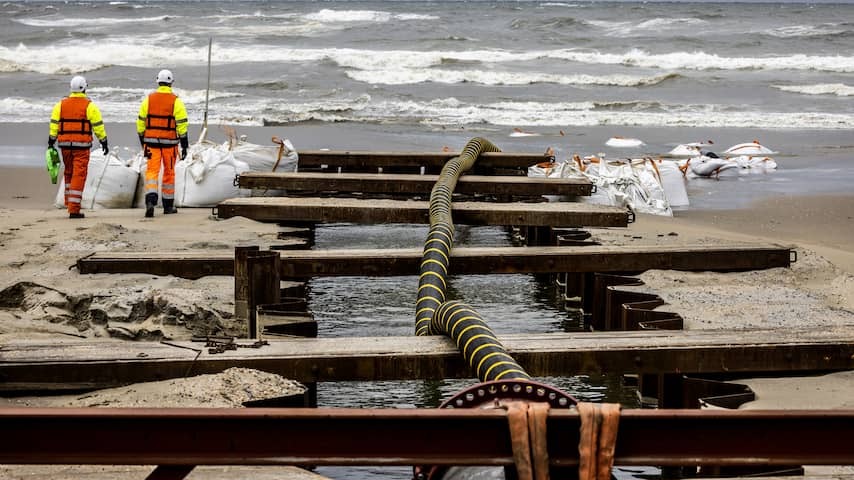
According to Dutch intelligence services, a direct attack by, for example, Russia on NATO territory is “unlikely”. But the security services warn that, among other things, Russia is taking increasing risks when carrying out sabotage actions. Such actions could also affect the Netherlands.
The warning about the increased risk of sabotage is in the new Threat Assessment State Actors. This is a report by the National Coordinator for Counterterrorism and Security (NCTV), the General Intelligence and Security Service (AIVD) and the Military Intelligence and Security Service (MIVD).
“Russia is carrying out more and more sabotage actions to stir up fear and unrest in Europe,” the report said. “Such actions are expected to continue to increase.”
To this end, Russia recruits (criminal) citizens in Europe, who may not realize what they are being used for. Sabotage actions are aimed at organizations that are involved in various ways in the war in Ukraine or supporting it. But they are also increasingly focusing on military and logistical locations in Europe.
The intelligence and security services see that greater risks are also being taken. Physical acts of sabotage have not yet been committed in our country, but the services have discovered “preparatory actions” from Russia to that end.
Not only Russia is engaged in sabotage
Digital sabotage attempts are already taking place frequently. This involves, for example, ddos attacks that make important websites inaccessible.
Furthermore, the services see that the Russians are active in the North Sea. They are mapping the underwater infrastructure there, such as internet cables. This information can be misused to sabotage cables, which could disrupt internet traffic, for example.
The intelligence and security services have been warning for years about sabotage, espionage and influence by Russia, Iran, China and North Korea. But these are not the only countries that pose a threat.
“More and more countries seem to be trying to influence Dutch society and political decision-making,” the services write. “Other countries do this through low-threshold, digital espionage, intimidation or the spread of disinformation.”